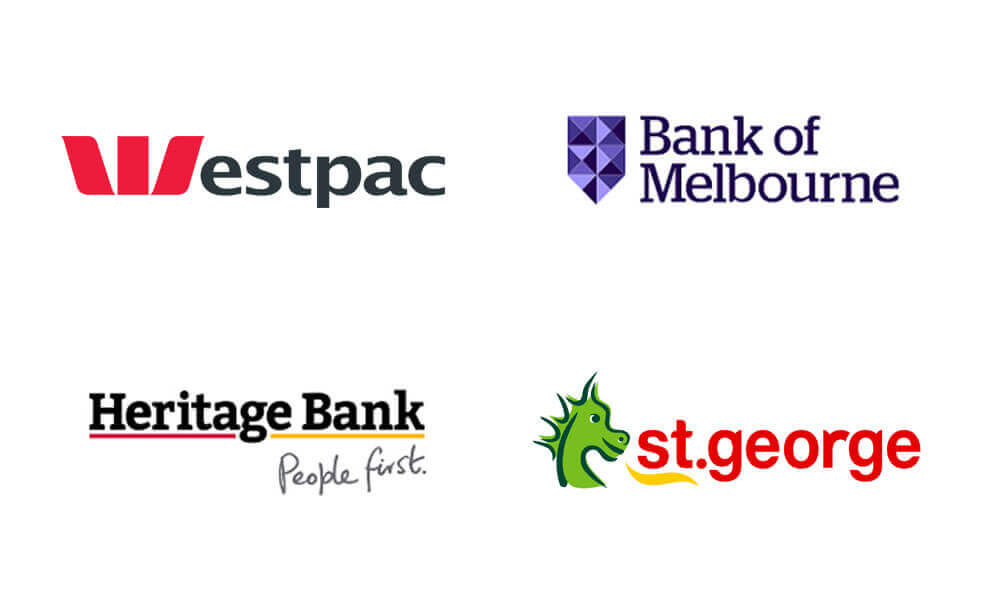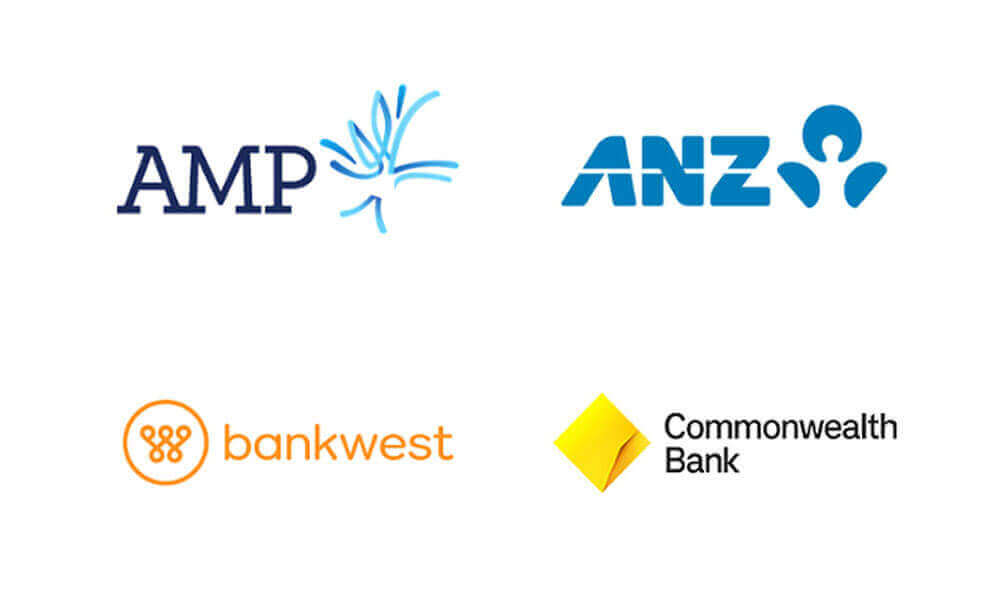
Is your credit report healthy?
One of the things lenders take into consideration when assessing your ability to repay a…

In the wake of three consecutive cash rate rises, many aspiring homeowners and current mortgage holders have been left feeling uncertain.


You may be concerned about whether the cash rate hikes have temporarily derailed your home ownership dreams. Perhaps you’re questioning how your current interest rate compares to others or how to reach your investment goals.
It’s times like these you need a professional on your team. As your mortgage broker in Australia, we can help you navigate your property goals, given the current market conditions.
Here are some examples of the kinds of questions you can ask us.
Why should I use a mortgage broker?
Mortgage brokers act as the intermediary between borrowers and lenders, but we can also provide advice about all sorts of things.
If you’re a first-time buyer, we can explain the kinds of government assistance, grants or concessions you may be eligible for (like the First Home Owner Grant or the Albanese government’s Help to Buy shared equityscheme).
For those needing a home loan health check, we can compare the market and explain whether refinancing may be financially worthwhile.
Want to use your equity to buy an investment property? We can assist with that too.
We can even arrange finance for things like renovations, so that you can potentially add value to your property and/or create your dream home.
How much can I afford to borrow?
How much you can borrow will depend on factors such as your deposit, savings history, income, expenses, equity and credit rating.
Recently some banks have moved to curb high-risk lending, changing the debt-to-income limit. For example, ANZ will no longer lend to borrowers who owe more than 7.5 times their annual income (previously 9 times).
These changes could affect how much you can borrow. It’s important to speak to us to get an accurate indication of your borrowing capacity.
With interest rates going up, is now a good time to buy?
In recent times, we’ve seen a lot of changes in the property market. As mentioned, interest rates have gone up and some lenders have tightened lending standards.
Whether you should buy right now depends on your specific financial situation and goals. For example, if you’ve saved hard during COVID and are in a solid financial situation with a steady job, you may be in a position to take advantage of declining property prices.
But if you’re already feeling the pinch with rising cost-of-living pressures, it may be worthwhile holding off or talking to us about how to buy with a buffer, should interest rates continue to climb.
Should I fix my loan, given the current market conditions?
Interest rates on both fixed and variable loans have increased in recent months. The decision as to whether to fix really comes down to your individual circumstances and goals.
If you think you could benefit from locking in your interest rate (usually for one to five years) and knowing exactly what your repayments will be, it may be worthwhile asking us to explain what fixed rates are available.
However, you’ll need to keep in mind there may be limits on making extra repayments on fixed-rate loans and fees involved if you break the fixed-rate term (if you sell, for example).
How do I use my equity to buy an investment property?
If your property has increased in value or you’ve paid down the mortgage somewhat, you may be able to refinance and use your equity to buy an investment property.
For example, say your home is worth $400,000 and you owe $220,000. Your equity is $180,000.
You can use this equity as security to fund purchases such as an investment property, a home renovation or a new car.
Usually, banks will lend you 80% of the value of your home, less the debt you still owe against it (this is your “useable equity”). You may be able to borrow more if you take out Lenders’ Mortgage Insurance.
How does bridging finance work?
If you’re buying your next property, you may need finance while the sale of your existing home is finalised. In this scenario, bridging finance may be an option. Bridging loans can also provide finance to build a new home while you live in your current one.
These types of short-term loans are taken out in addition to your regular loan. Typically, bridging loans are interest-only until your property is sold and the principal can be repaid in full.
Bridging finance could help you secure the property you want without having to worry about matching up settlement dates. However, you’ll need to weigh up the costs involved, so talk to us about whether this option is right for you (we can suggest alternatives if need be).
Like to know more?
All the recent changes in the market may have left you feeling nervous, but you don’t have to go it alone.
We’re here to answer all your questions. Get in touch today.

One of the things lenders take into consideration when assessing your ability to repay a…

With the arrival of spring, it’s customary for the real estate market to spring to…
Yes, that’s right. You pay zero, zip, nada.
1st Street’s premium service comes at no cost to you! 1st Street is paid by the lender when your loan settles, however, this will not affect your interest rate or loan fees! It is often more cost-effective for a mortgage broker to process a loan rather than the lenders processing it themselves in-house. In fact, we often find that we can save you money by negotiating on your behalf.
Use our online calculators to work out how much you can borrow, loan repayments, stamp duty and lots more.






